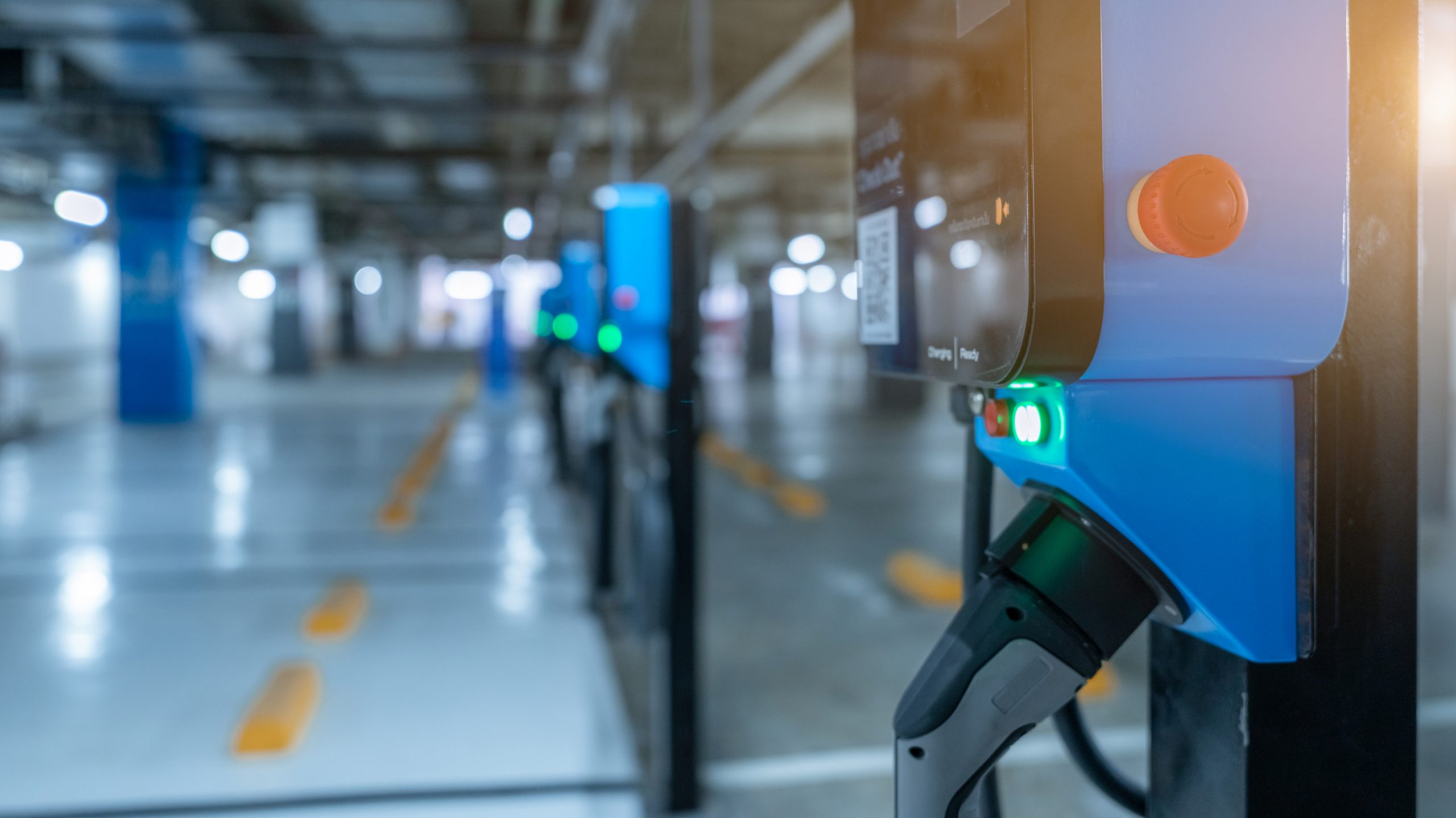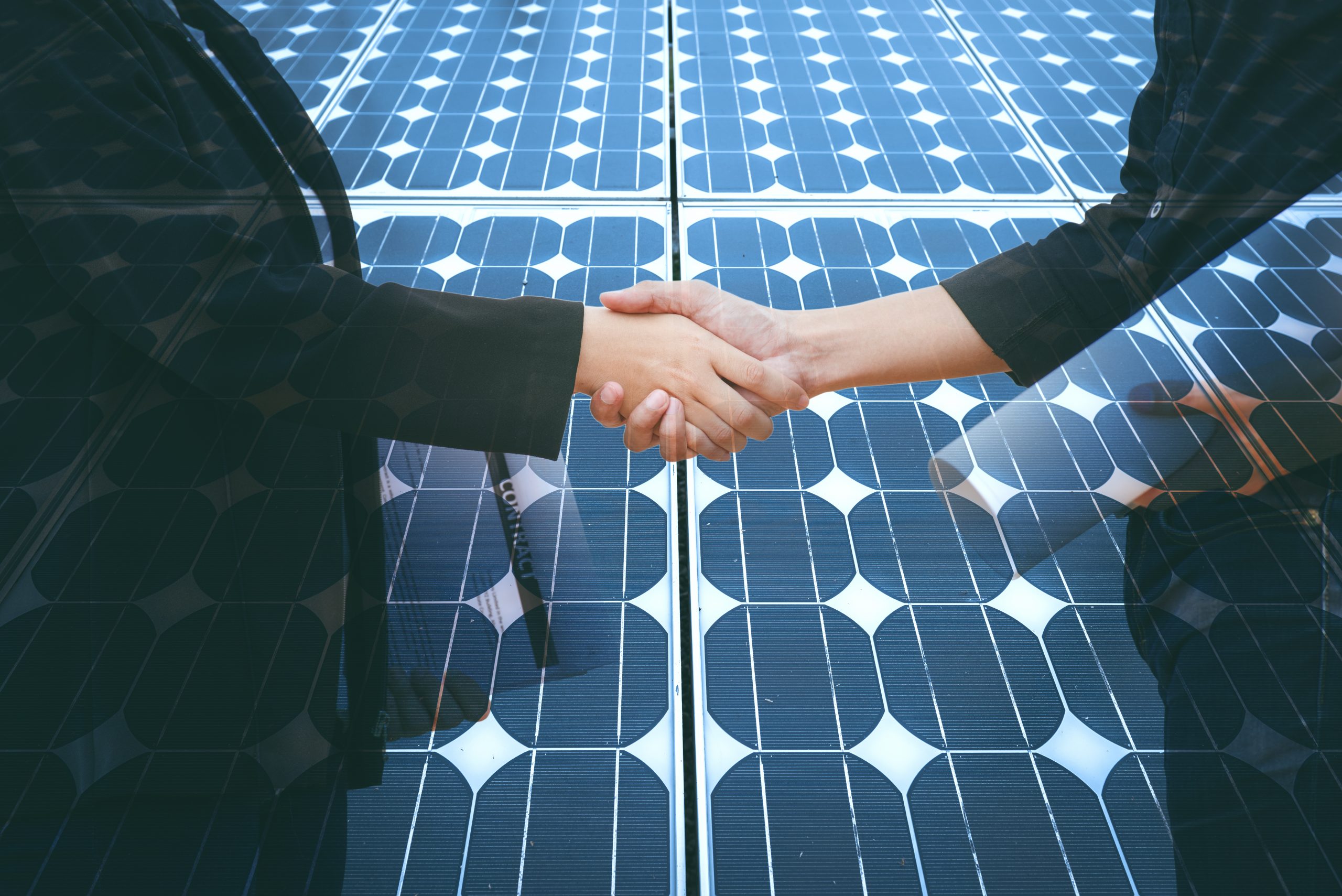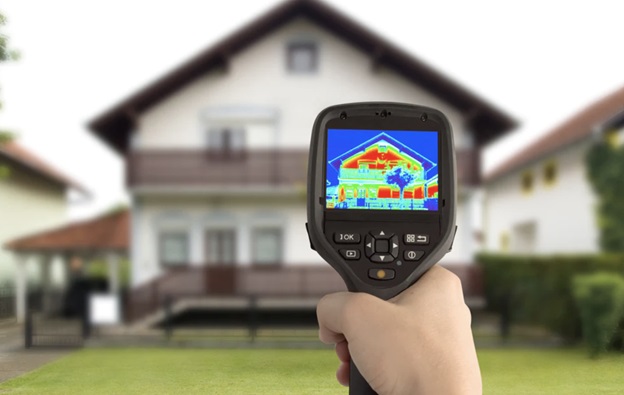
The demand for solar energy continues to grow as more and more people recognize the environmental and economic benefits of solar power. As the solar industry expands, it is essential that solar installation companies maintain high standards of quality and reliability. Quality assurance is a critical component of the solar installation process, ensuring that solar energy systems are safe, reliable, and perform optimally over their lifetime. In this article, we’ll take a closer look at the importance of quality assurance in solar installation companies.
What is quality assurance in solar installation?
Quality assurance in solar installation refers to a set of measures and processes that ensure that solar energy systems are designed, installed, and maintained to meet predetermined standards of quality and reliability. It involves ensuring that the installation is done safely, efficiently, and correctly and that the solar energy system operates optimally over its lifetime.
Some of the key aspects of quality assurance in the solar installation include compliance with building codes and industry standards, proper training and certification of personnel, thorough system testing and inspection, and warranties and maintenance services to ensure the ongoing reliability and performance of the solar energy system.
The ultimate goal of quality assurance in solar installation is to ensure that solar energy systems are safe, efficient, reliable, and cost-effective over their entire lifetime, and to promote the growth and sustainability of the solar industry.
Why is quality assurance important in solar installation?
There are several reasons why quality assurance is important in solar installation:
- Safety – Solar energy systems involve high voltages, and any mistakes during the installation process can result in dangerous conditions. Quality assurance measures help ensure that the installation is done safely and properly.
- Reliability – Solar energy systems typically have a lifespan of 25-30 years. Quality assurance measures help ensure that the system is designed and installed correctly to operate reliably over its lifetime.
- Efficiency – Solar energy systems rely on the sun’s energy to generate electricity, and any inefficiencies in the system can result in lower energy production. Quality assurance measures help ensure that the system is designed and installed to operate at maximum efficiency.
- Cost savings – Any errors or defects in a solar energy system can result in costly repairs or replacements. Quality assurance measures help prevent these issues and save money in the long run.
What are some quality assurance measures taken by solar installation companies?
Solar installation companies take several quality assurance measures to ensure the safety, reliability, and efficiency of solar energy systems. Some of these measures include:
- Compliance with codes and standards – Solar installation companies must comply with building codes, electrical codes, and other standards to ensure that solar energy systems are installed safely and correctly.
- Proper training and certification – Solar installation companies must ensure that their employees are properly trained and certified to install solar energy systems.
- System testing and inspection – Solar installation companies must perform thorough testing and inspection of solar energy systems to ensure that they are functioning properly and efficiently.
- Warranty and maintenance – Solar installation companies typically offer warranties and maintenance services to ensure that solar energy systems are maintained and repaired as necessary over their lifetime.
Conclusion
Quality assurance is a critical component of the solar installation process. It ensures that solar energy systems are safe, reliable, and efficient over their lifetime, and helps prevent costly repairs or replacements down the road. Solar installation companies must take appropriate measures to ensure that their installations meet high standards of quality and reliability. By doing so, they can help promote the growth of the solar industry and support a more sustainable future.










